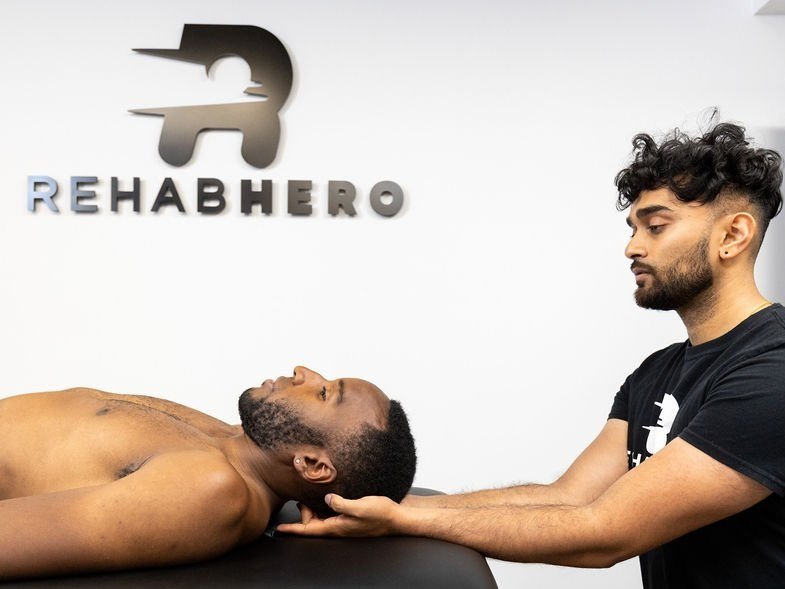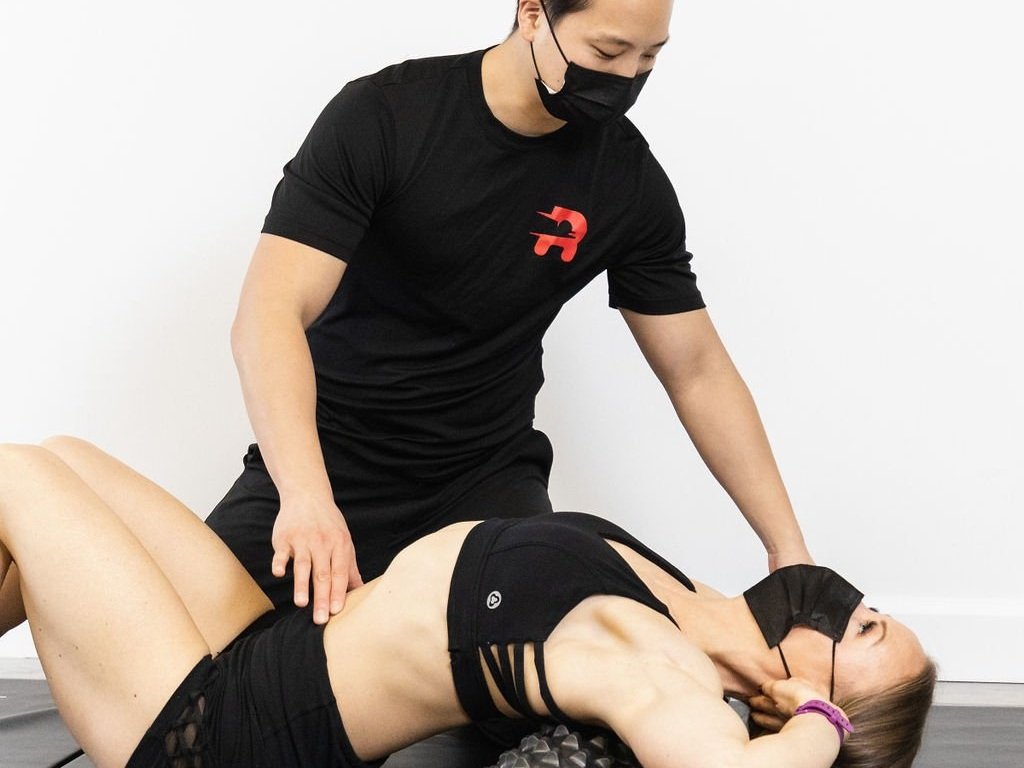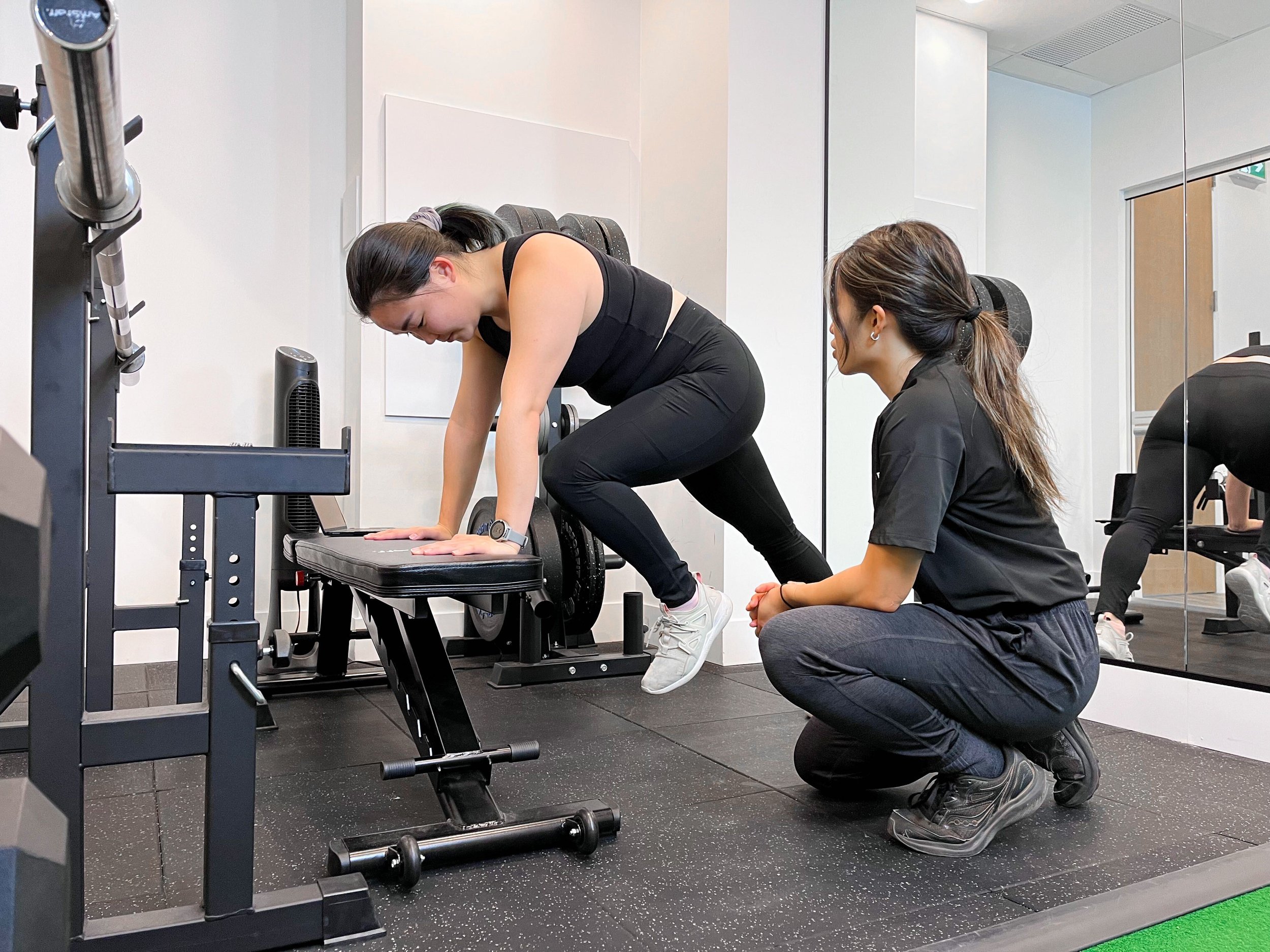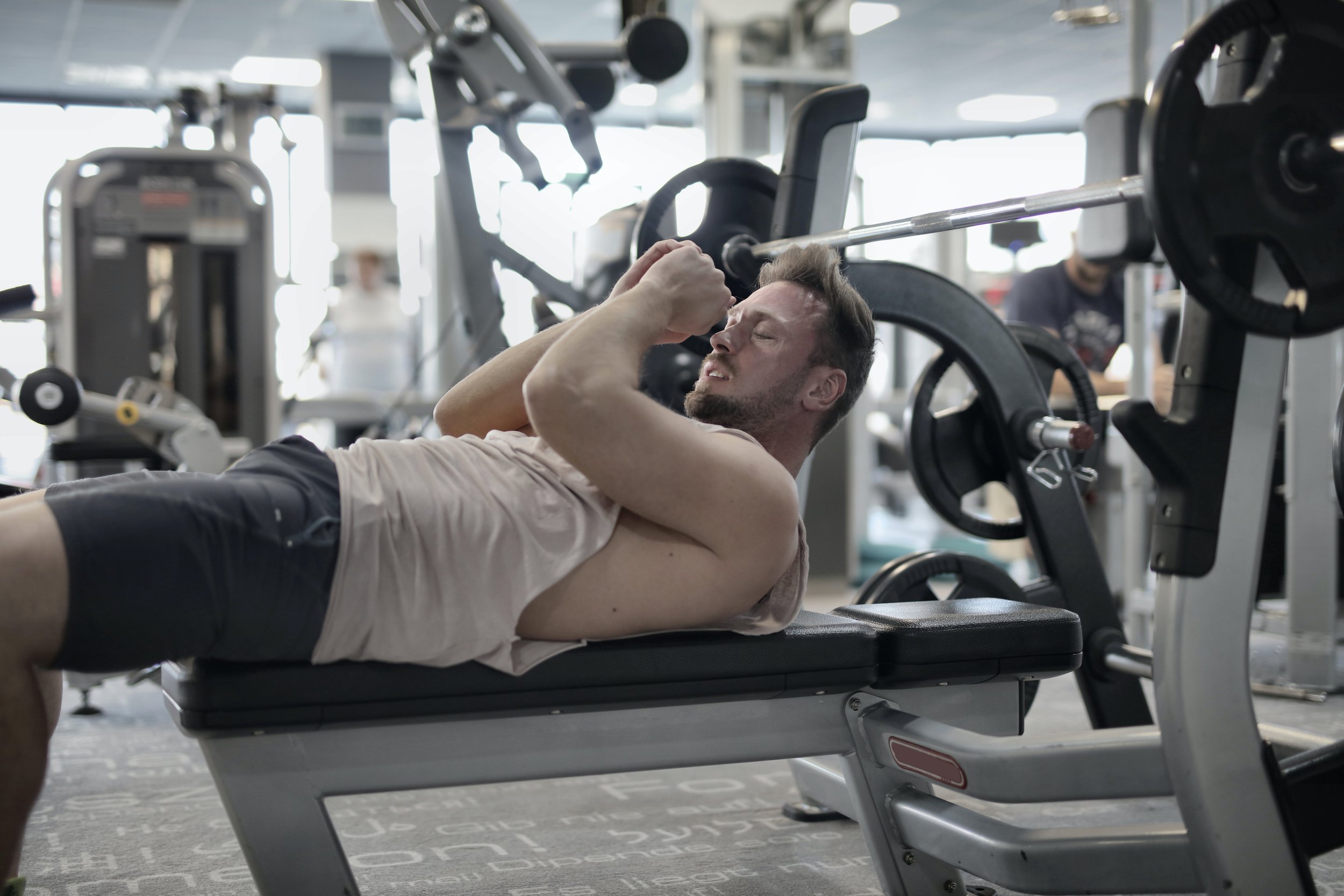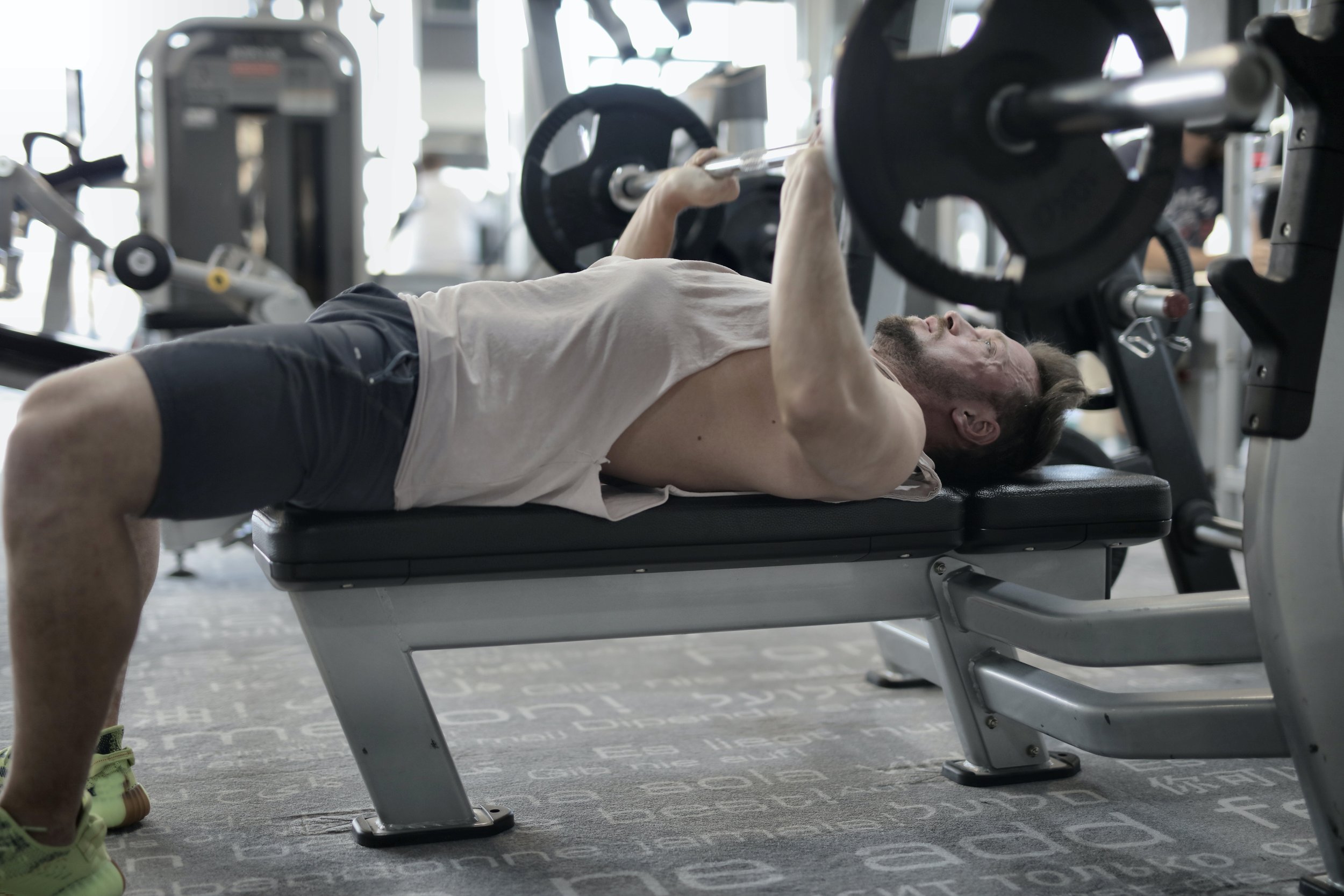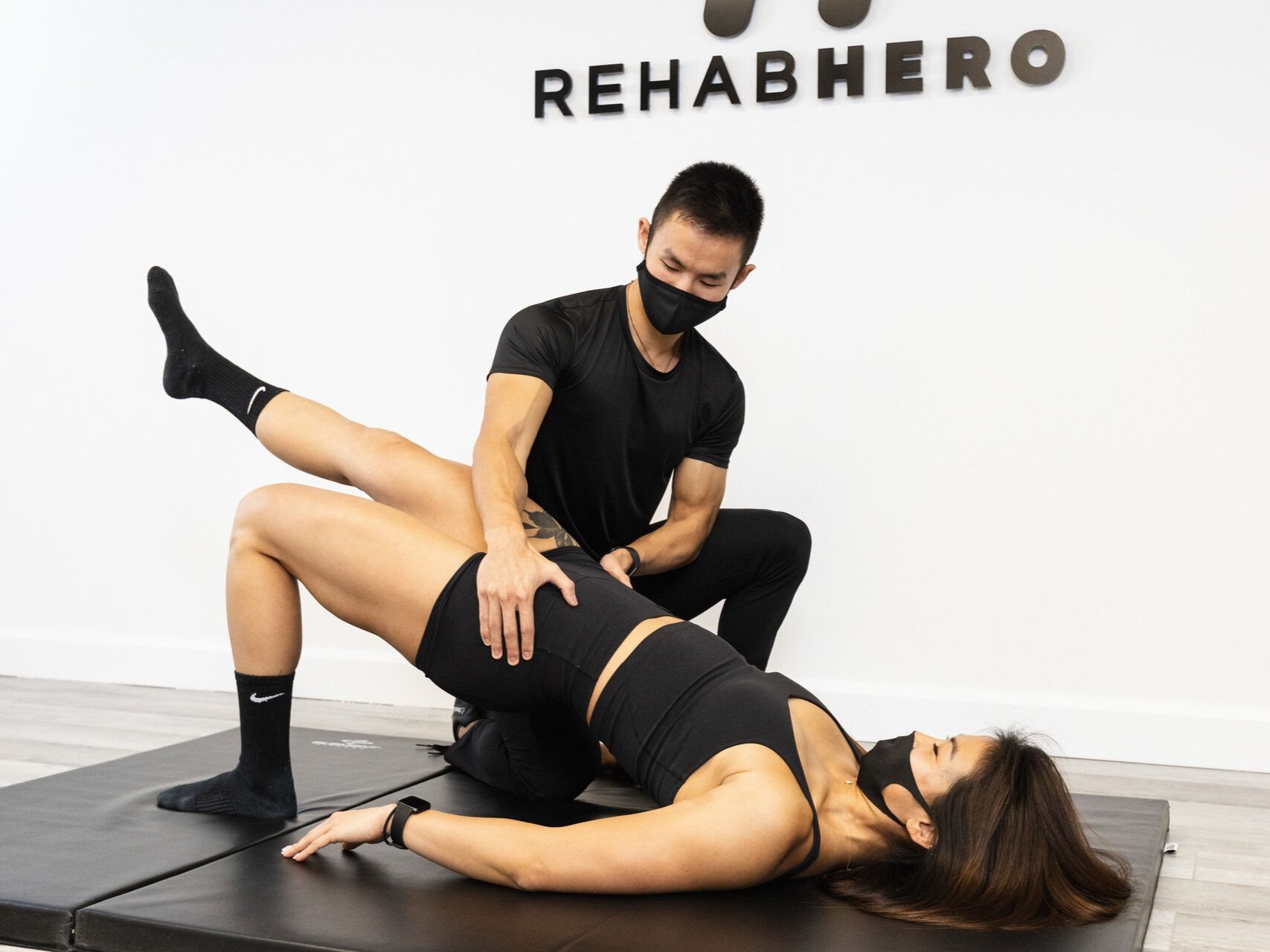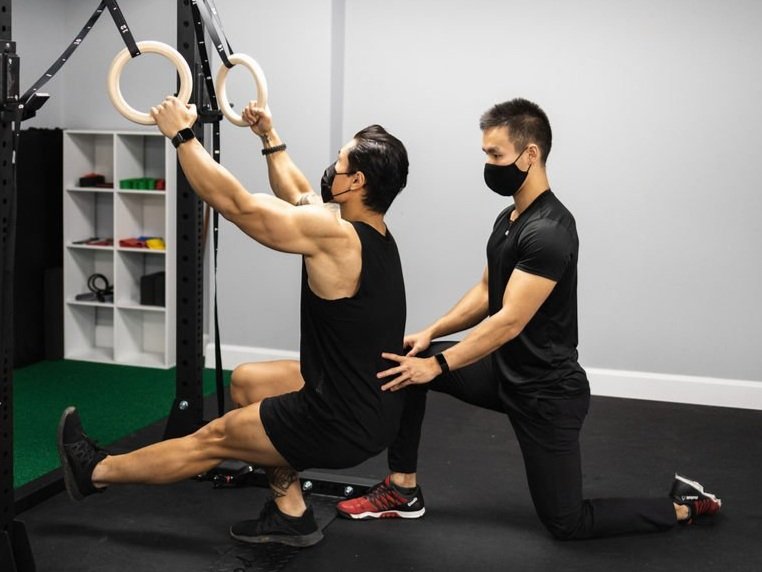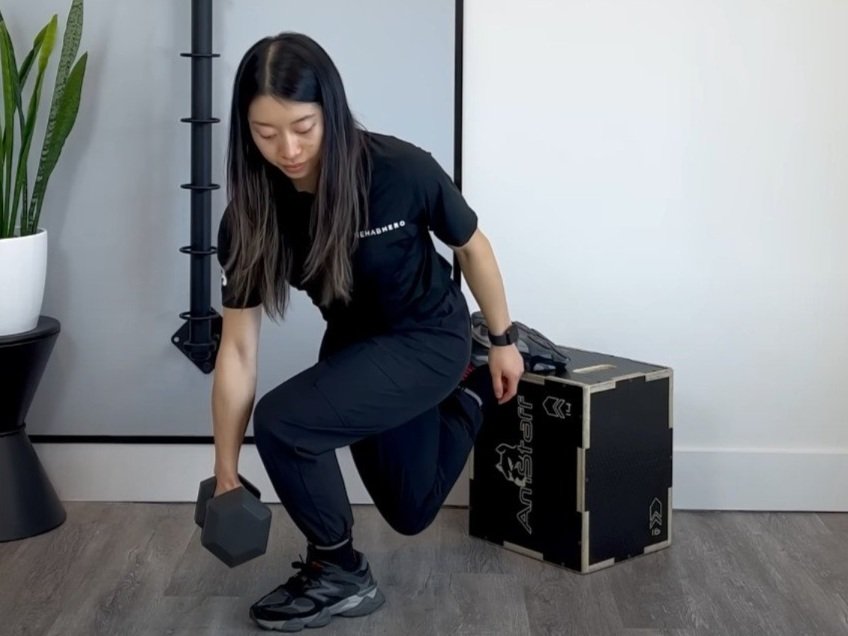5 Proven Techniques for Treating Fatigued and Sore Muscles
Photo by Julia Larson from pexel.com
After a tough and grueling workout, you've probably said to yourself, "This will hurt tomorrow." You were right, the next day, you feel sore all over and can barely move. But, why does this happen?
Tiny tears in your muscles cause the feeling of being sore after a workout. When you exercise, your muscles contract and push against your bones. And this could repeatedly happen, especially if you're in performance therapy because you're re-training your muscles to move in a certain way.
While the soreness and tightness you feel are temporary, they can still be annoying and make it challenging to move around. But there are some things you can do to help ease the pain. Here are five.
Take Supplements
Your diet plays a significant role in what rate your body can recuperate from rigorous workouts. And that's because what you consume provides your body with essential nutrients it needs to function appropriately both during and after exercise.
However, it may not be enough if you're training hard regularly. If you're an athlete or just someone who likes to stay in shape, you might need to consider taking supplements.
Generally, there are three categories of nutritional supplements for easing muscle soreness and fatigue:
Dietary supplements: It includes products like fish oil and multivitamins. Dietary supplements provide enough nutrients for people who have a poor diet.
Sports foods: Sports foods contain various substances that improve performance and provide energy to muscles. For instance, energy drinks contain caffeine, B-vitamins, and amino acids.
Ergogenic aids: Ergogenic aids, such as beta-alanine and creatine, can help improve performance and ease muscle soreness. These supplements are usually taken by people who want to increase their muscle mass.
Before you start taking any supplements, it's essential to consult with a doctor or registered dietitian to find out what's best for you. Also, check out What's the Buzz to know how you can save on all your supplement needs.
Get A Massage
According to a 2014 study, post-exercise massage can reduce inflammation and help muscles recover more quickly. In addition, massage helps pump more oxygen- and nutrient-rich blood to muscles, which aids in the removal of waste products that build up during exercise.
You can opt to have a professional masseuse do it or yourself. If you choose to massage your muscles, use long, smooth strokes in the direction of blood flow. Be sure to avoid any bruised, inflamed, or otherwise injured areas.
Use a foam roller to help with self-massage. A foam roller is a long, cylindrical piece of foam that you can use to apply pressure to your muscles. You can find foam rollers at most sporting goods stores.
Enjoy An Epsom Salt Bath
Another way to relax your muscles after a workout is to take a hot bath with Epsom salts. Why? Because Epsom salt is rich in magnesium, which can help to reduce inflammation and muscle soreness.
It's a natural relaxant that can help ease tension and stress, contributing to muscle pain. Just add one to two cups of Epsom salt to a warm bath and soak for 20 minutes. You can also add a few drops of lavender essential or peppermint oil to help further relax your muscles.
Drink Your Morning Cup of Coffee
Caffeine is an excellent stimulant for easing muscle fatigue and soreness. In addition, it has pain-killing properties (analgesic) and is a great pick-me-up when feeling sluggish. Caffeine also has anti-inflammatory benefits, which can help reduce swelling and bruising.
And what better way to consume it than in your post-workout coffee? So, after a grueling session at the gym, don't forget to drink up!
Just be sure to practice caution if you're sensitive to caffeine. Start with small doses and gradually increase your intake to avoid unpleasant side effects.
Alternate Between Ice And Heat Packs to Improve Blood Flow
Hot and cold therapy can also reduce muscle soreness and fatigue following a workout. And to use hot or cold therapy, simply apply the appropriate temperature pack to the affected area for 20 minutes.
Be sure to wrap the pack in a towel to protect your skin. Or else your skin could become irritated or burned. You can repeat this process as needed throughout the day.
Final Thoughts
Muscle fatigue and soreness after a workout are normal. Still, they can be frustrating. For example, you just completed an intense lifting session, and now your muscles feel like jelly. All you want to do is rest, but you know deep down that you need to keep moving. Fortunately, there are ways to ease muscle soreness and help your body recover faster. Follow the tips mentioned in this post, and you'll be back to your old self in no time.




